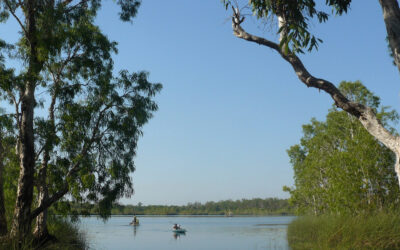While Hurricane Harvey relief efforts are still ongoing in Texas, Hurricane Irma has developed into the most powerful hurricane outside of the Gulf of Mexico on record. At the time of writing, it seems poised to cross over Puerto Rico, graze Haiti and Cuba and move into Florida. On Irma’s heels, tropical Storm Jose is developing into a hurricane. Active hurricane seasons with several major hurricanes are of course nothing uncommon for the Caribbean islands and Gulf of Mexico. What is unusual about this one is the intensity of the events observed so far. Climate scientists such as Michael Mann have noted that while global climate change may not have caused the hurricanes, its effects (sea level rise and warm sea surface temperatures) certainly contributed to making them destructive. Apart from understanding the obviously important climatic and environmental factors involved in hurricane generation, the question that becomes pressing with active hurricane seasons such as this one is how societies are dealing with such extreme events and whether they are going to be able to adapt to changing conditions in the future.
While it is important to analyze societies’ vulnerabilities and coping strategies after recent, single hurricane events, we only get a real sense of cultural /adaptation/ (or non-adaptation) to hurricane events by looking at them over a longer period of time (i.e. several decades to centuries). This is where historical disaster research and this paper come in. It presents the summary and results of a five-year research project on cultural adaptation to hurricane disasters in New Orleans from the city’s foundation in the French Colonial period 1718 to Hurricane Katrina in 2005 (the full study will be published in book-length in 2018). To look at adaptation in an evolving urban environment such as New Orleans over a timespan of almost 300 years is particularly interesting since the city’s political context changes three times during that time – from the French to Spanish colonial regime, to becoming a state of the U.S. in 1803. In other words, one of the central historical questions which is also relevant to our present and future is, whether and how the political system of a society influences its ability to adapt to extreme events.
With the central focus on adaptation, or rather, /adaptive practices/, the paper first takes a critical look at the Intergovernmental Panel on Climate Change (IPCC)’s definition of adaptation and suggests a shift in perspective that makes the concept applicable for historical research. Based on a range of local and national level archival documents, the study then works its way along case studies through almost 300 years of New Orleans’ hurricane history. Indigenous/ Local knowledge as a precondition for adaptation, contingency, path-dependence, political vulnerability and the interplay of cultural, legal, and political factors emerge as crucial characteristics in the historical evolution of adaptive practices throughout the period of study.
Kindly contributed by Eleonora Rohland.
















